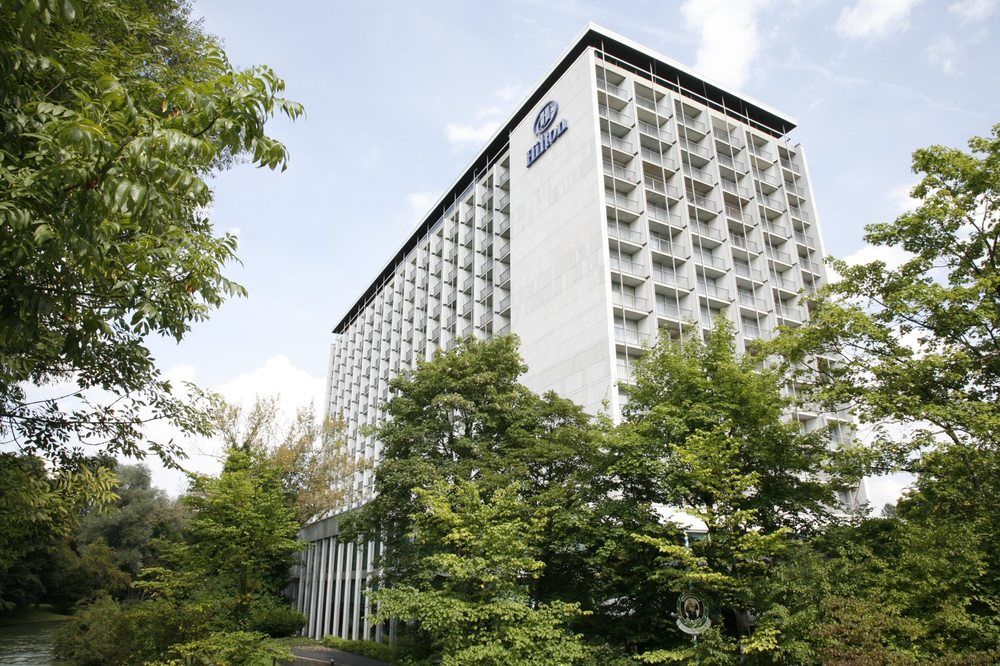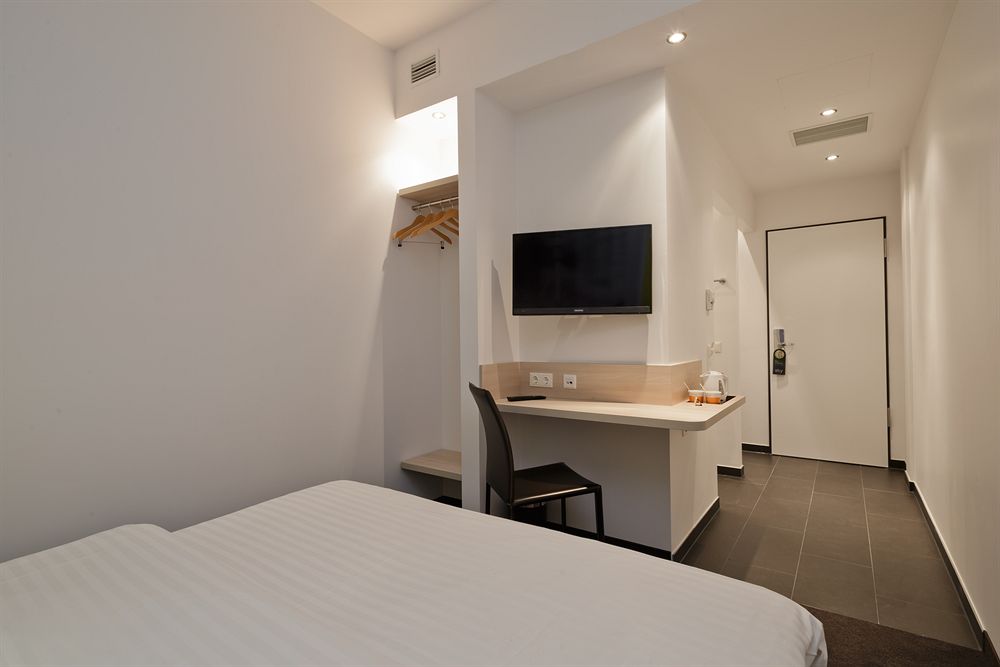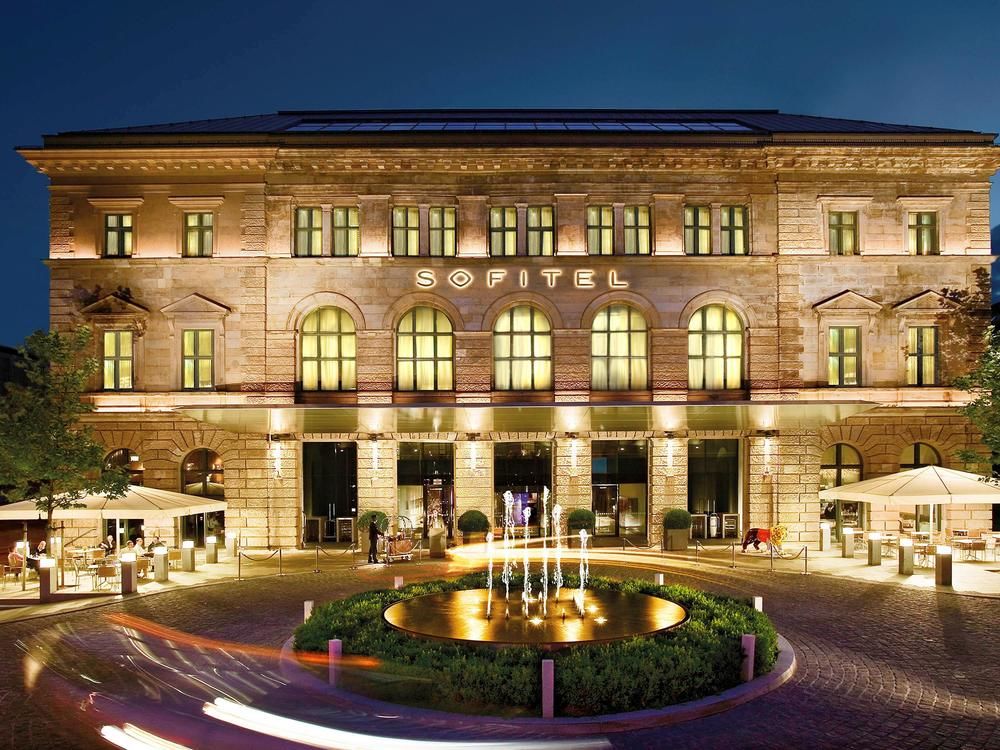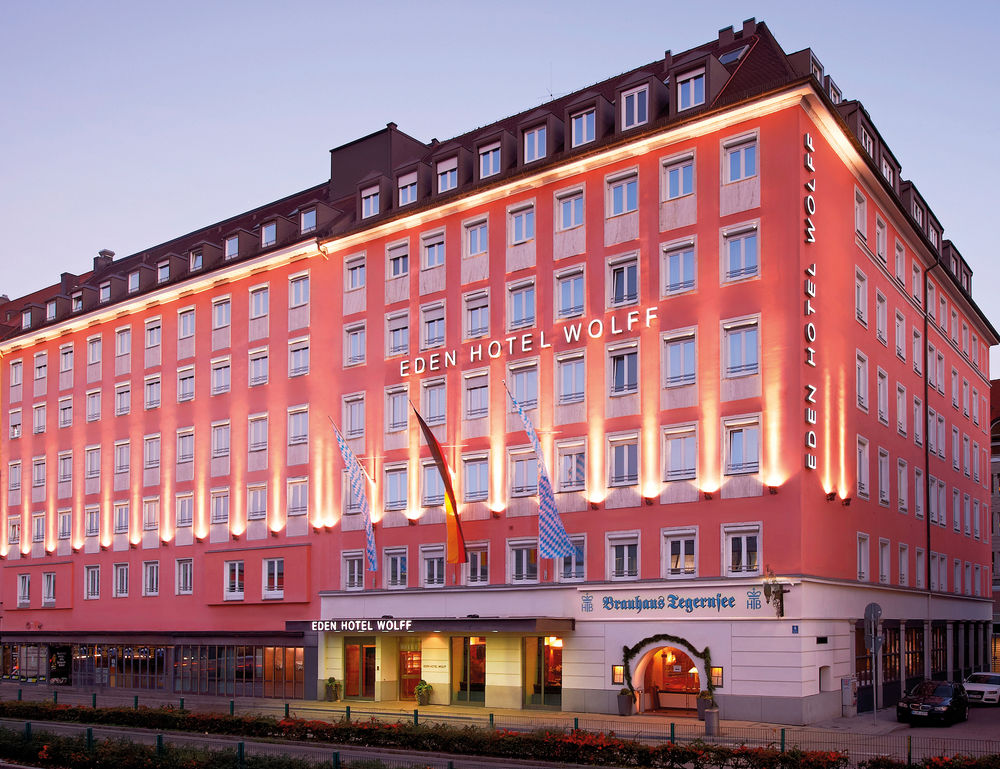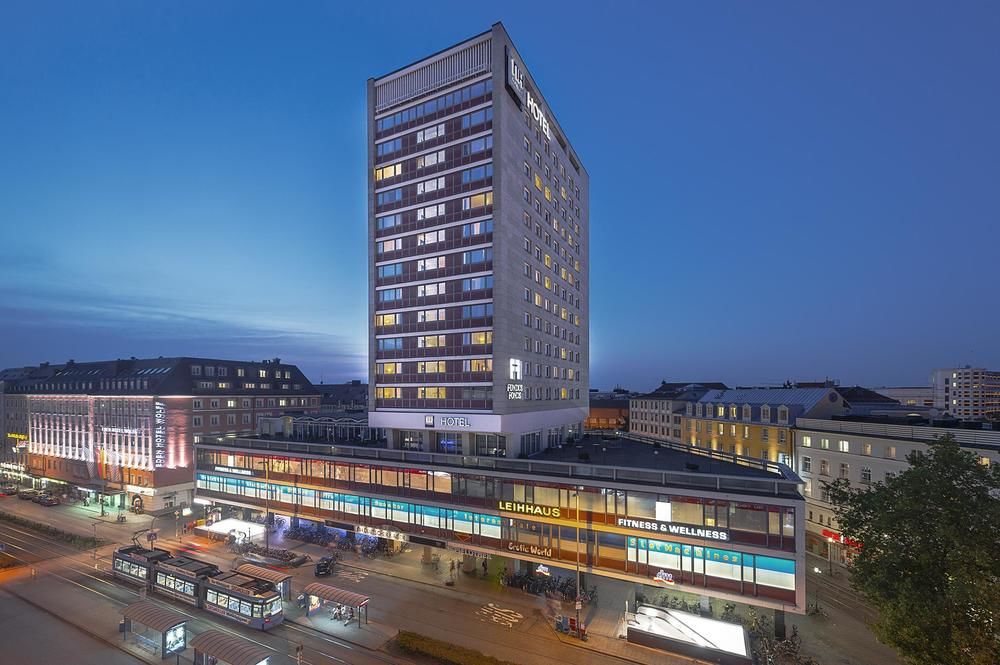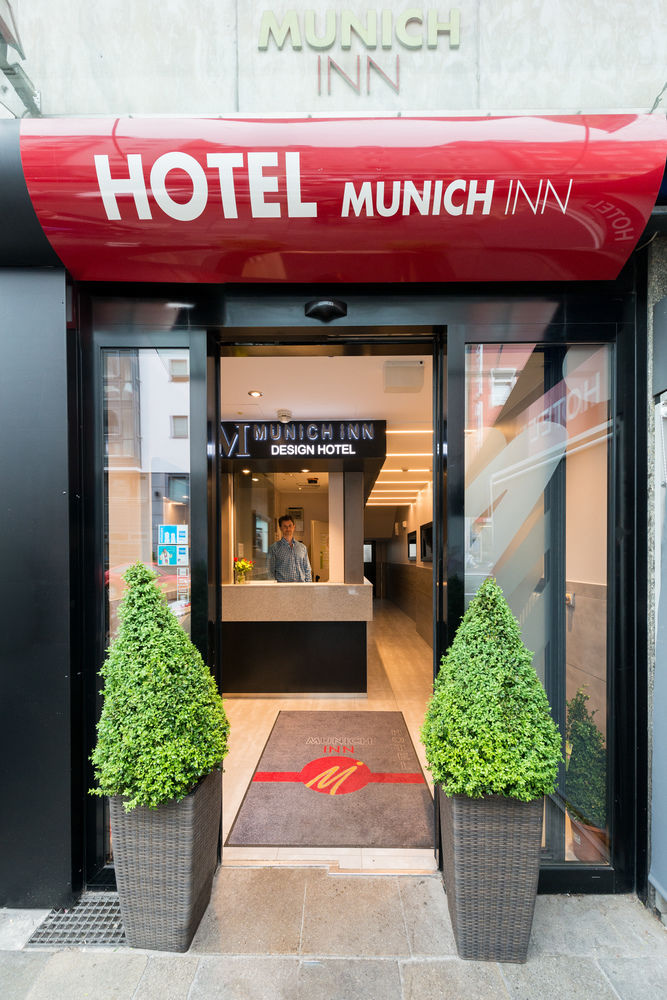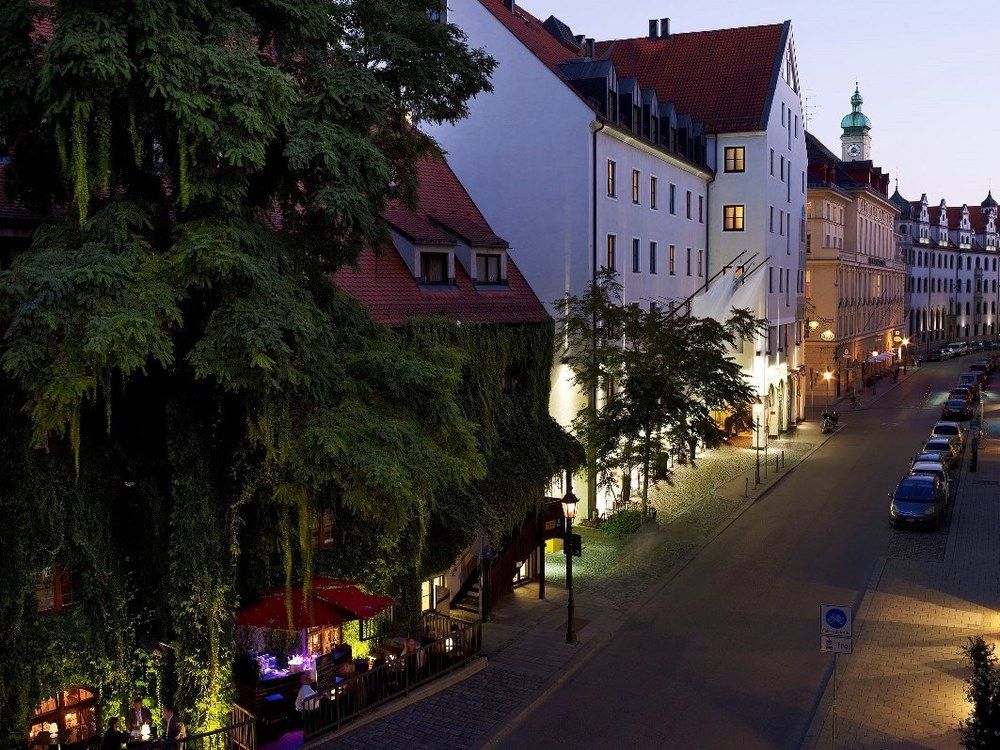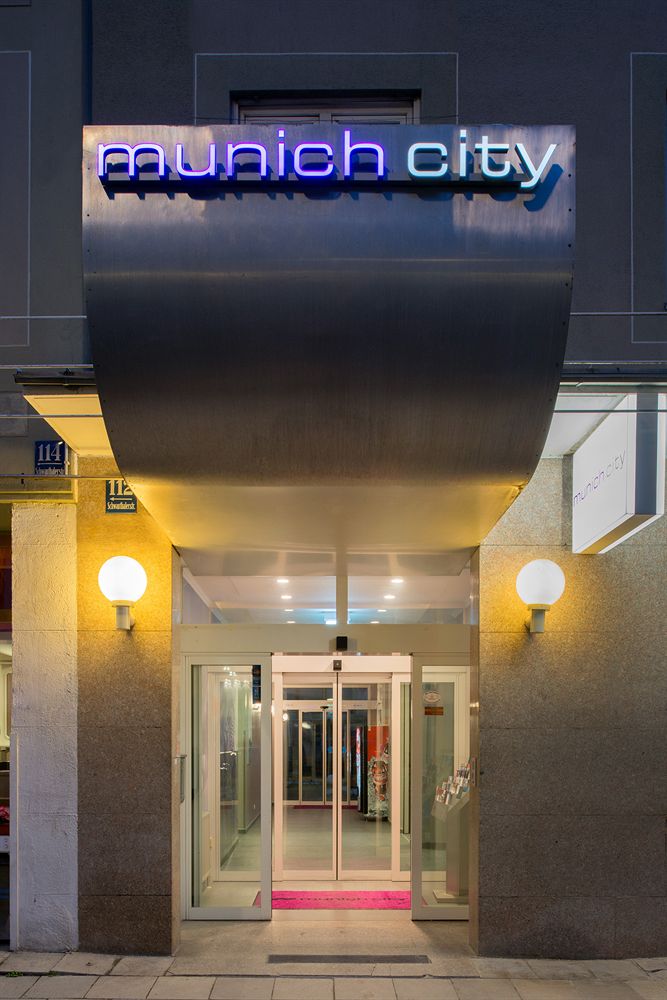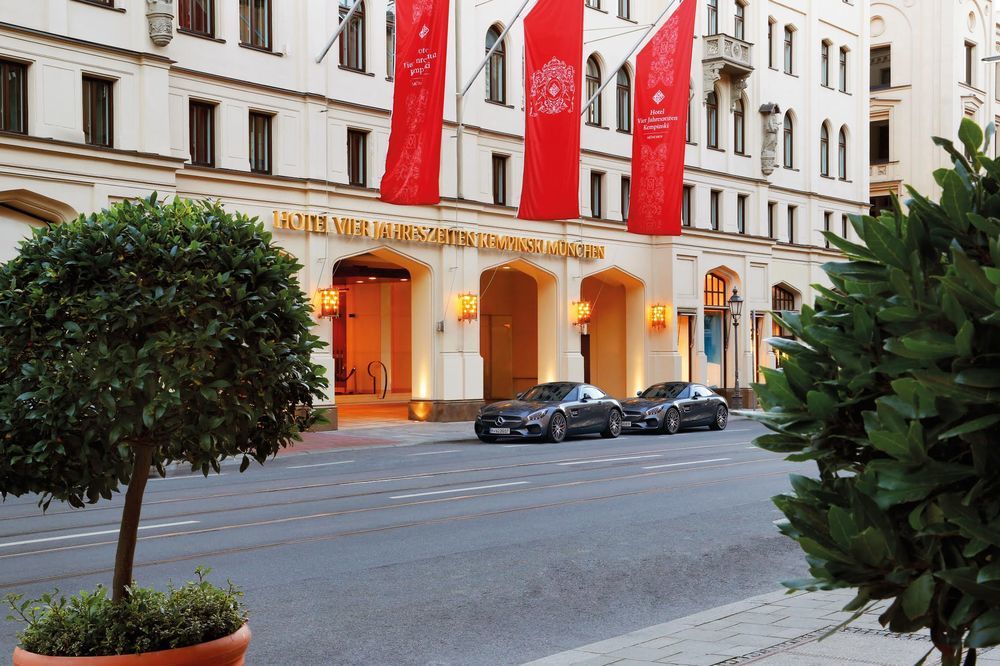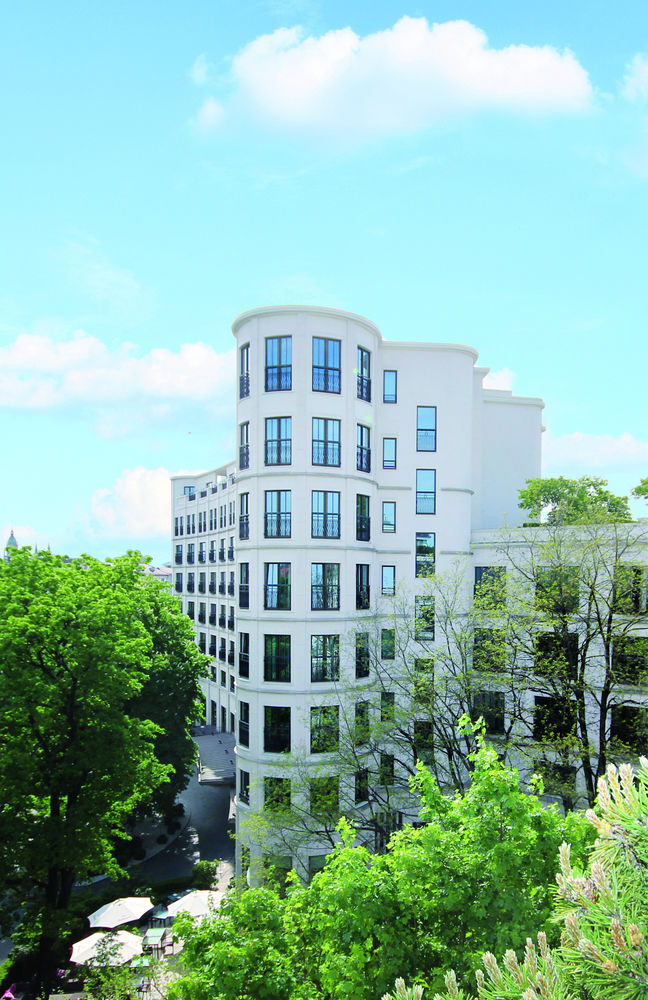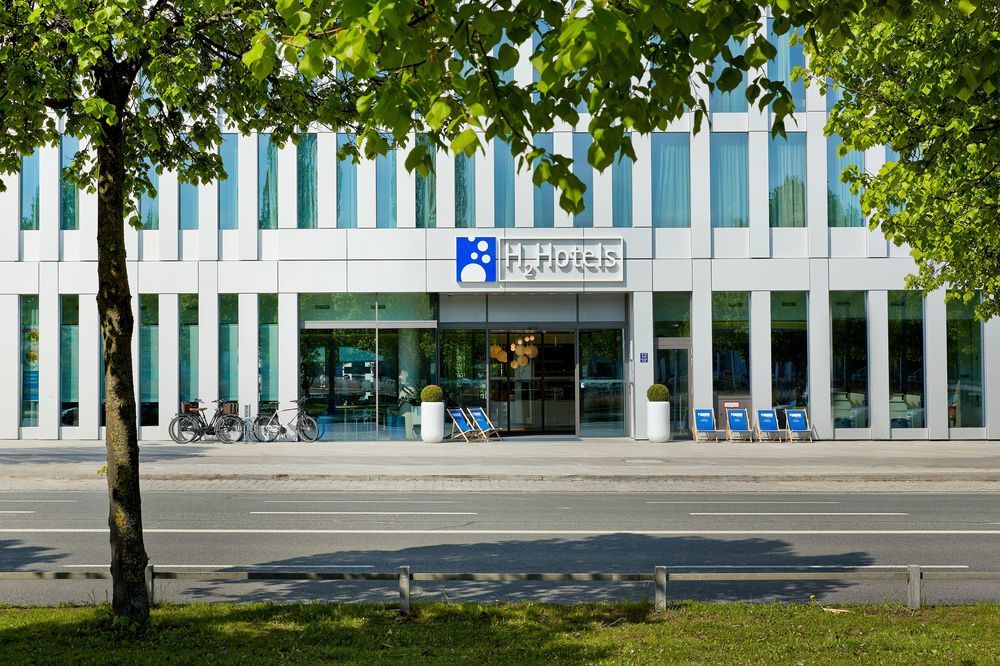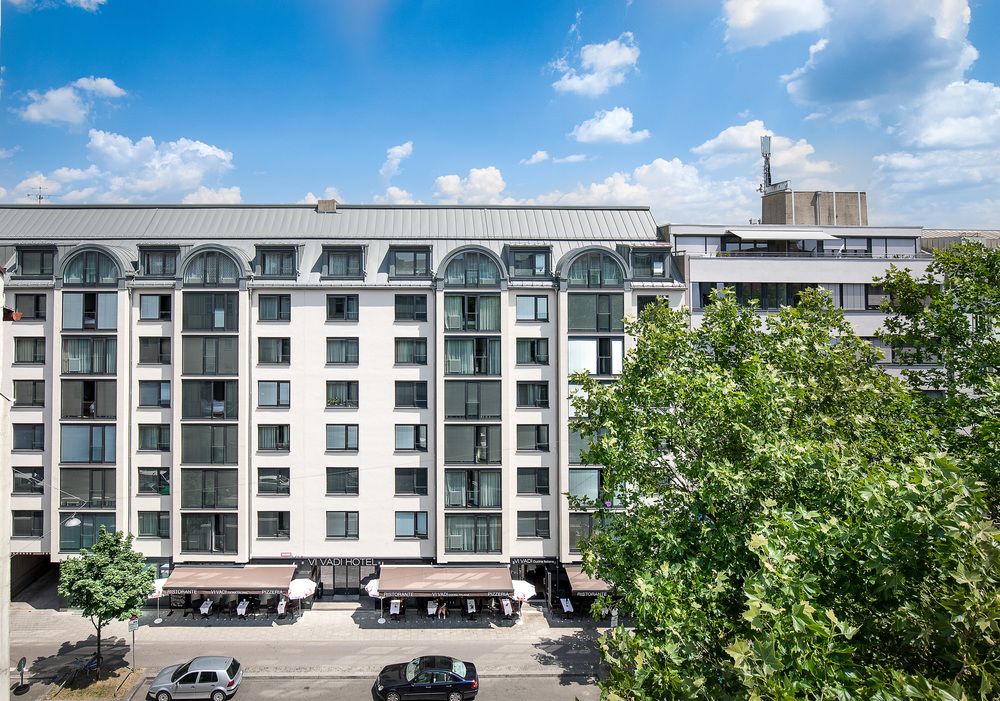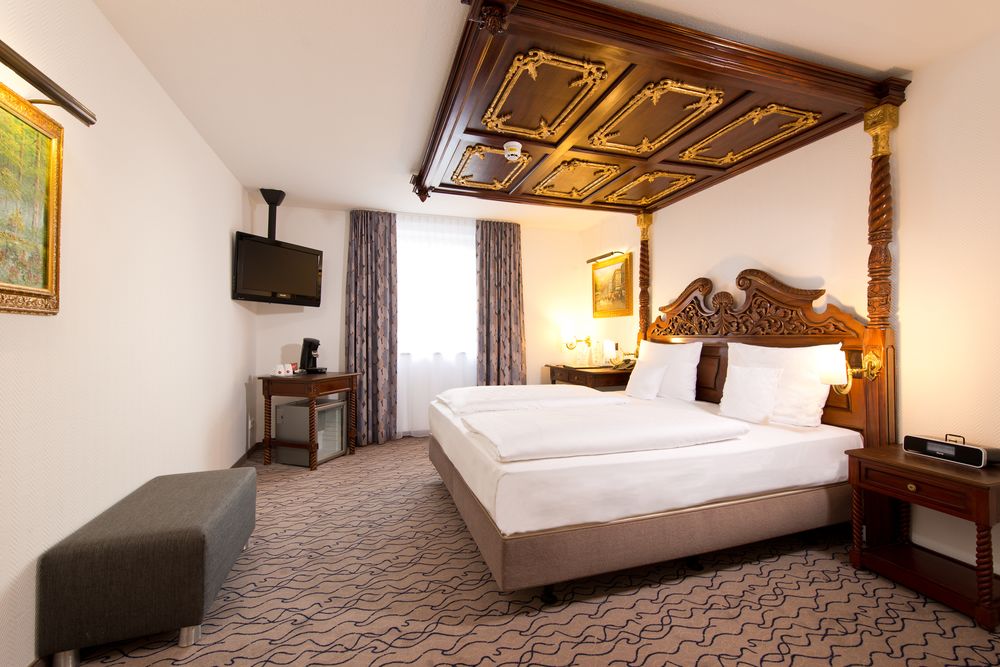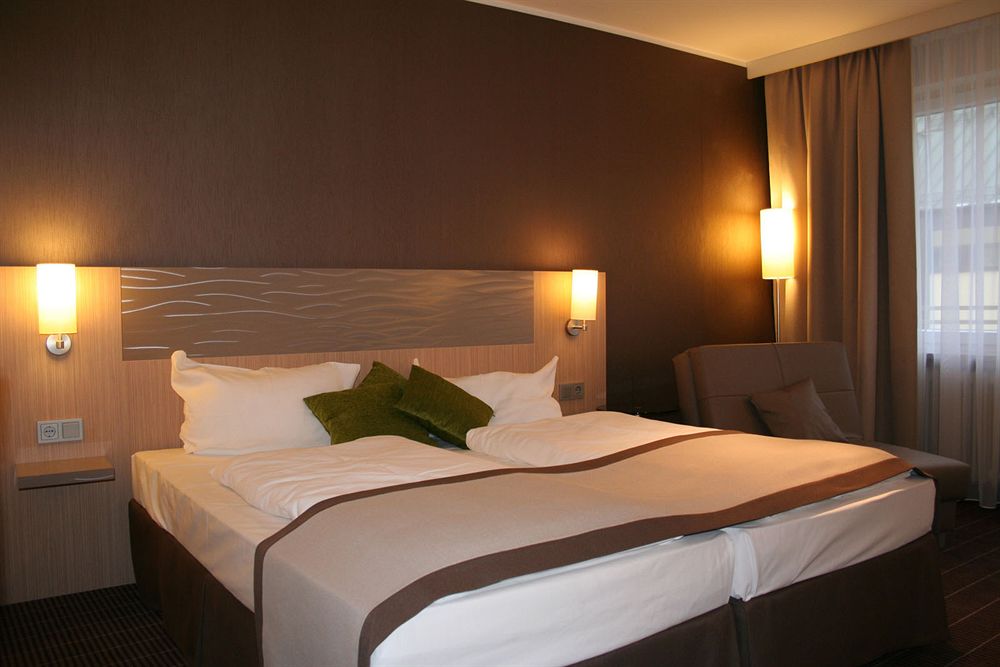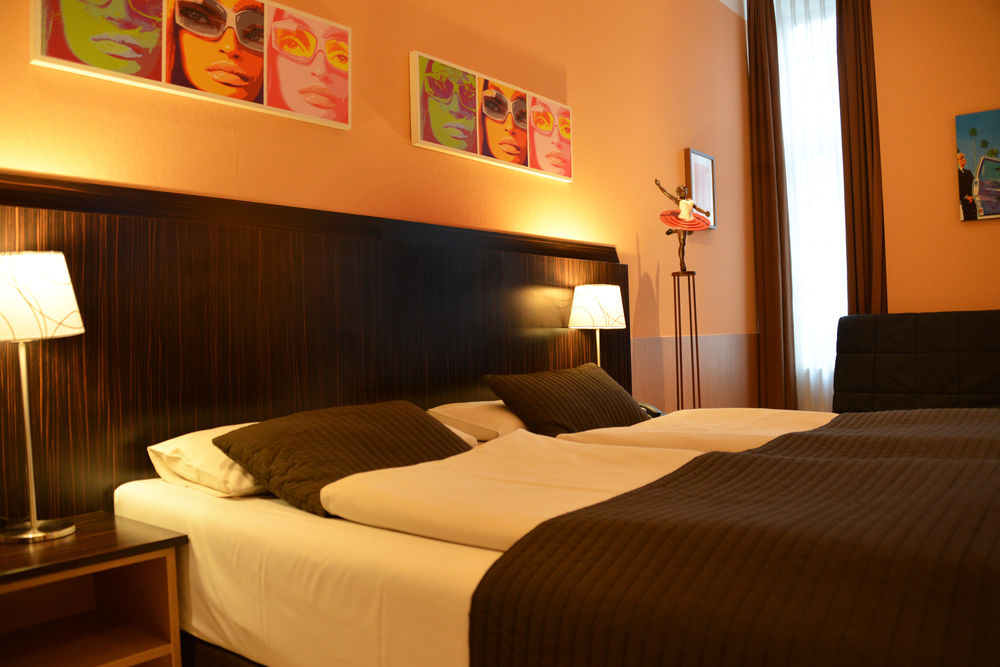
Find hotels in Munich
Lowest prices detected by AI for hotels
Best
Cheapest
Star Ratings
AI Recommended
Best Hotels In Munich
Cheapest Hotel Deals in Munich
Top Rated Hotels
5 Star Hotels in Munich
4 Star Hotels in Munich
3 Star Hotels in Munich
AI-recommended Destinations
Where to stay in Munich
More About Munich
“A city of Oktoberfest”
Munich (; German: München [ˈmʏnçn̩] ( listen); Austro-Bavarian: Minga [ˈmɪŋ(ː)ɐ]) is the capital and most populous city of the second most populous German federal state of Bavaria, and, with a population of around 1.5 million, it is the third-largest city of Germany after Berlin and Hamburg, as well as the 12th-largest city in the European Union. The city's metropolitan region is home to 6 million people. Straddling the banks of the River Isar (a tributary of the Danube) north of the Bavarian Alps, it is the seat of the Bavarian administrative region of Upper Bavaria, while being the most densely populated municipality in Germany (4,500 people per km²). Munich is the second-largest city in the Bavarian dialect area, after the Austrian capital of Vienna.
The city is a major centre of art, technology, finance, publishing, culture, innovation, education, business, and tourism in Germany and Europe and enjoys a very high standard and quality of living, reaching first in Germany and third worldwide according to the 2018 Mercer survey, and being rated the world's most liveable city by the Monocle's Quality of Life Survey 2018. According to the Globalization and World Rankings Research Institute Munich is considered an alpha-world city, as of 2015.The name of the city is derived from the Old/Middle High German term Munichen, meaning "by the monks". It derives from the monks of the Benedictine order, who ran a monastery at the place that was later to become the Old Town of Munich; hence the monk depicted on the city's coat of arms. Munich was first mentioned in 1158. Catholic Munich strongly resisted the Reformation and was a political point of divergence during the resulting Thirty Years' War, but remained physically untouched despite an occupation by the Protestant Swedes. Once Bavaria was established as a sovereign kingdom in 1806, it became a major European centre of arts, architecture, culture and science. In 1918, during the German Revolution, the ruling house of Wit
 Time UTC+02
Time UTC+02 Currency EUR
Currency EUR Languages German
Languages GermanWhat’s Special about Staypia?
Compare hotel prices in real-time
AI finds you the lowest price for hotels in Munich.
Lowest price for 3.16M hotels worldwide
Book with up to 31% extra discounts only for Staypia members.
Travel bucket list for Munich
Plan your trip with over 17K 'must see' recommendations for Munich
Frequently Asked Questions
The best hotels in Munich are Arthotel Munich, Holiday Inn Munich City Centre, Novotel Munchen City.
The best 5 star hotels in Munich are Sofitel Munich Bayerpost, Le Meridien Munich, Hotel Vier Jahreszeiten Kempinski Munchen. Search for the most highly rated hotels in Munich
The most highly rated hotels in Munich are Arthotel Munich, Novotel Munchen City, Sofitel Munich Bayerpost.
Generally, room reservations are subject to a free refund until the cancellation deadline. Fees may apply after the cancellation deadline, so please check the cancellation deadline on your hotel voucher or in Menu > My Reservation.
If you’re a frequent traveler, Staypia is the best place to get the best hotel deals. You can book hotels with the lowest price of 3.16 million hotels collected by AI, and receive additional discounts for members only.


